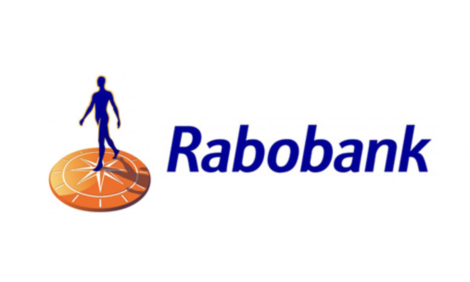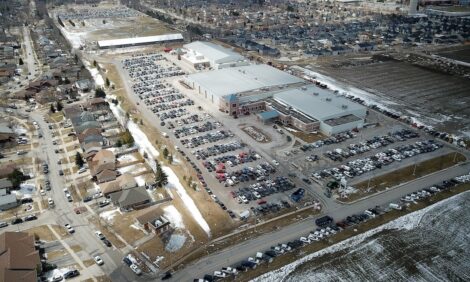



Milk, Cheese, Eggs Go up by .2 Per Cent
TRINIDAD & TOBAGO - The following is the Repo Rate report as announced by the Central Bank of Trinidad and Tobago for February 2011.According to Newsday, the latest data released by the Central Statistical Office indicate that inflation continued on a downward trend for the second consecutive month in 2011. Headline inflation, measured by the 12-month increase in the Index of Retail Prices, declined to 10.7 per cent in February 2011 from 12.5 per cent in January. On a monthly basis, headline inflation fell by 0.7 per cent in February following an increase of 1.1 per cent in the previous month.
Food inflation, which has been the major driver of the headline inflation rate, slowed to 25.1 per cent in the 12 months to February 2011 from 30.9 per cent in the previous month.
This moderation in food inflation came mainly from slower price increases in February compared to the previous month for meat (9.9 per cent compared with 10.2 per cent), vegetables (33.3 per cent compared with 51.0 per cent) and sugar and confectionery products (3.7 per cent compared with 3.9 per cent).
Faster price increases were however recorded for milk, cheese and eggs (11.5 per cent compared with 11.3 per cent), fish (7.7 per cent compared with 7.2 per cent) and fruits (33.3 per cent compared with 26.3 per cent).
Core Inflation, which excludes the impact of food prices, inched up to 2.8 per cent (year-on-year) in February from 2.6 per cent in the previous month. This slightly higher core inflation rate was led by increases in the prices of pharmaceutical products (2.6 per cent) and clothing (2.0 per cent).
Recent macroeconomic indicators suggest that the sluggish pace of private demand is delaying recovery in the non-energy sector.
Private sector credit extended by the consolidated financial system, an important yardstick of underlying demand conditions, contracted by 2.3 per cent (year-on-year) in January 2011.
The main factor behind this lethargic response was the weak performance of business credit, which declined by 5.9 per cent in the 12 months to January 2011. At a more dis-aggregated level, the information reveals that that there were declines in lending to several key non-energy sub-sectors including distribution (-11.4 per cent), construction (-8.9 per cent), finance, insurance and real estate (-13.2 per cent) and manufacturing (-0.4 per cent).
In contrast, consumer credit has continued on a path of recovery (growing by 3.4 per cent on a year-on-year basis in January) while real estate mortgage lending maintained a robust growth rate of 7.6 per cent in the same period.
Net domestic fiscal injections, the main source of liquidity, were 15 per cent lower in the six months through March 2011 than in the corresponding period of the previous year.
For the month of March to date, commercial banks’ reserve balances at the Central Bank in excess of the statutory limit have averaged $1.6 billion daily compared with $2.0 billion in December 2010.
In the somewhat tighter liquidity environment, short-term interest rates have continued to rise from the record lows that were reached during the final quarter of 2010.
The yields on three-month and six-month treasury bills rose to 0.40 per cent and 0.55 per cent, respectively in March 2011 from 0.28 per cent and 0.50 per cent in October 2010.
There are potential upside risks to the inflation outlook in the coming months especially given the surge in prices for some key global food staples such as wheat, maize, corn and sugar.
However, the existence of spare capacity, given the delayed recovery in the domestic economy, could help to offset these risks.
Over the past few months, the Central Bank has been lowering the ‘Repo’ rate with a view to providing further stimulus to domestic demand and private investment.
These reductions are still working their way through the financial system as commercial banks adjust their lending rates accordingly. In these circumstances, the Bank has decided to maintain the Repo rate at 3.25 per cent.
The bank will continue to keep economic and monetary conditions under closereview.
The next ‘Repo’ rate announcement is scheduled for 29 April 2011.
TheCattleSite News Desk


